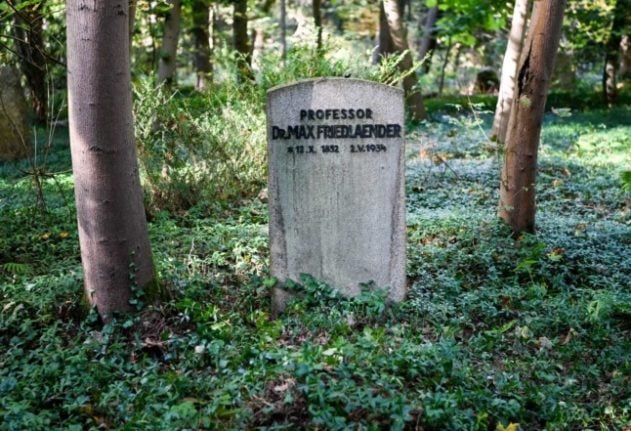The row is likely to overshadow a visit to Israel by Swedish Foreign Minister Carl Bildt next month, right in the midst of Sweden’s presidency of the rotating European Union, a key player in the Middle East peace process.
Many ordinary Swedes back the government’s stance of not condemning the piece by Aftonbladet, the country’s top-selling daily, according to a survey released on Wednesday.
In an online poll answered by 24,000 readers of the national daily Svenska Dagbladet since Sunday, 65 percent said they backed the position taken by Prime Minister Fredrik Reinfeldt’s centre-right government.
Israel has urged the Swedish government to condemn the “anti-Semitic” article, which claimed that Israeli soldiers snatched Palestinian youths to steal their organs and returned their dismembered bodies days later.
“We are not asking the Swedish government for an apology, we are asking for their condemnation,” a senior official quoted Israeli Prime Minister Benjamin Netanyahu as telling ministers during a weekly cabinet meeting on Sunday.
But Sweden, which was one of the first countries in the world to pass a law guaranteeing freedom of expression in 1766, has refused to condemn the tabloid.
“It’s important for me to say that you cannot turn to the Swedish government and ask it to violate the Swedish constitution,” Reinfeldt said on Monday.
The only Swedish condemnation has come from its ambassador to Israel, Elisabet Borsiin Bonnier, who slammed the piece as “shocking and appalling.”
But the Swedish government distanced itself from Bonnier’s remarks, stressing they should only be seen in a local context.
Urban Ahlin, foreign affairs spokesman for the opposition Social Democrats, has described the row as “a minor diplomatic crisis between Sweden and Israel” and has called upon Bildt to appear before the parliament’s constitutional committee to explain Bonnier’s comments.
In his complaint, Ahlin defended Sweden’s freedom of the press and expression laws and stressed that “it is not the government’s business to speak out about whether something is suitable to print.”
Ahlin wants Bildt to explain if all Swedish embassies had been sufficiently briefed on freedom of expression and if those instructions had been followed in the case of Bonnier.
The foreign minister will not appear before the committee before spring next year.
Faced with a political impasse, some are trying to launch a legal battle.
Swedish Chancellor of Justice Göran Lambertz received two written requests on Tuesday asking to investigate whether the report amounted to racial agitation contrary to Sweden’s freedom of expression legislation.
Lambertz is the only prosecutor in the country who can take legal action in cases concerning free speech.
Swedish national media have been highly critical of the article but nevertheless defend its right to be published.
The Dagens Nyheter newspaper devoted three columns to a philosopher criticising Aftonbladet’s journalistic methods rather than the decision to publish itself.
Svenska Dagbladet published a lengthy editorial from the liberal Haaretz daily, and also asked six major Swedish newspapers if they would have published such a story.
Five refused but the majority agreed that Aftonbladet had not violated the country’s press freedom laws.
Expressen, its major tabloid rival, was vigorous in its defence of the decision to publish.
“Aftonbladet was within its rights to publish the article, and neither the Chancellor of Justice, nor the Israeli government, nor the Swedish ambassador has the right to interfere with that decision,” wrote the editor-in-chief of the newspaper’s culture section, Björn Wiman.


 Please whitelist us to continue reading.
Please whitelist us to continue reading.
Member comments